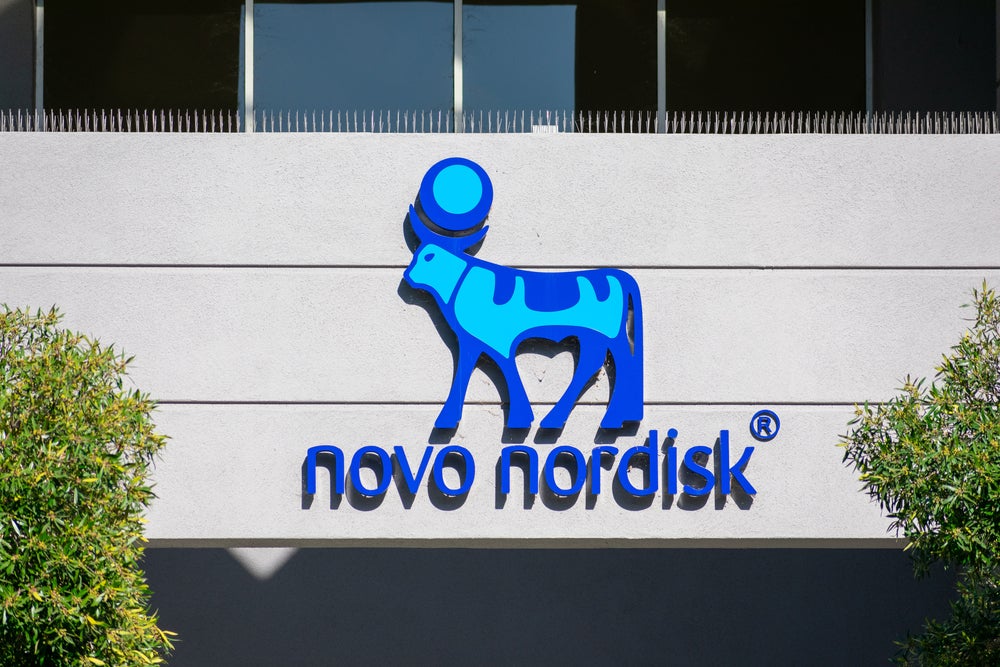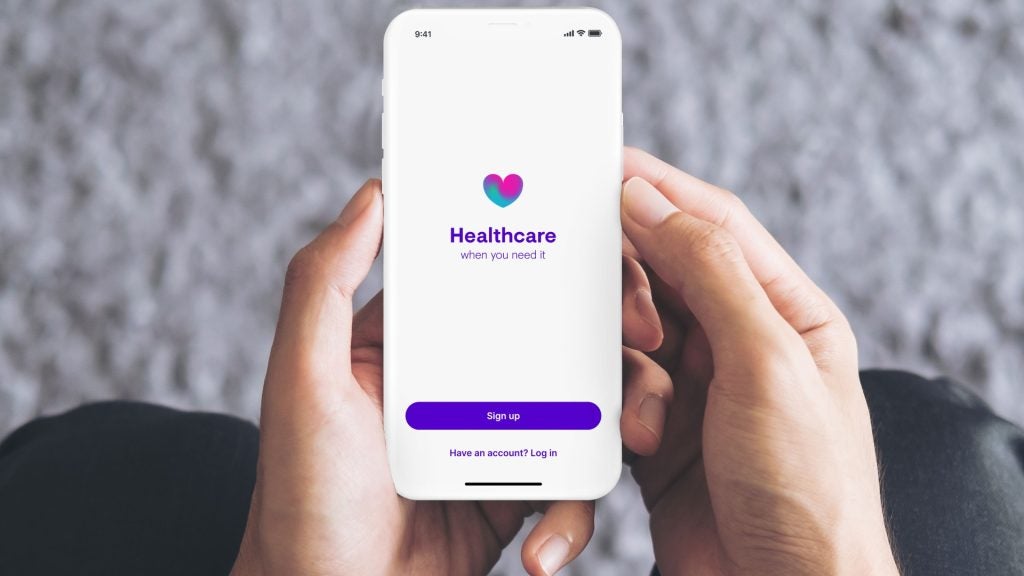Sutro Biopharma plans to submit investigational new drug (IND) applications for its two antibody-drug conjugates (ADCs), STRO-003 and STRO-004, in Q1 2024 and Q1 2025, respectively.
STRO-003 is an ADC that targets ROR1-expressing tumour cells to cause DNA disruption. As per pre-clinical data, STRO-003 showed anti-tumour activity in non-small cell lung cancer (NSCLC) and breast cancer models. It also showed a potential to augment checkpoint inhibitors therapy.
This pre-clinical data was first presented in April 2023 at the annual American Association for Cancer Research (AACR) meeting.
According to the company's press release, Sutro generated $772m in partnership payments as of 30 June 2023. Most of the payments were generated from partnerships for its cell-free platform for drug design and manufacture. The partnership agreements for Sutro's cell-free platform include drug design partnerships with Astellas and Vaxcyte. Along with manufacturing deals with Merck (MSD) and BioNova for MK-1484 and BN301 (STRO-001), respectively.
In June, Sutro received a $140m payment from Blackstone Life Sciences as part of the Vaxcyte product licensing agreement. The deal also allows for additional milestone-based payments totalling up to $250m. Sutro’s market cap stands at $262.2m.
Clinical pipeline update
Luventa (luventamab tazevibulin; STRO-002) is an ADC that targets folate receptor alpha (FolRα).
Sutro initiated a registration-directed Phase II/III trial for Luventa in patients with platinum-resistant ovarian cancer. The company will apply for either accelerated approval based on the overall response rate (ORR) once data from about 110 patients has been analysed or a full approval based on progression-free survival (PFS) at the end of the trial.
The data from the open-label Phase I trial (NCT03748186) for Luventa was presented in June 2023 at the annual American Society of Clinical Oncology (ASCO) meeting. Additional updated data from the study will be released by the end of 2023.
Sutro also plans to initiate a pivotal or registration-enabling protocol for Luventa’s approval in the paediatric population with a rare subtype of acute myeloid leukaemia (AML), CBFA2T3-GLIS2 positive AML. This follows positive results from the compassionate use of Luventa presented at the American Society of Haematology Annual Meeting and Exposition (ASH 2022).
Luventa is also being investigated as a combination therapy with bevacizumab in advanced ovarian cancer and endometrial cancer.
STRO-001 is an ADC that targets CD74. It is being investigated in Phase I trials in Greater China by BioNova for non-Hodgkin’s lymphoma (NHL) and multiple myeloma (MM).
















